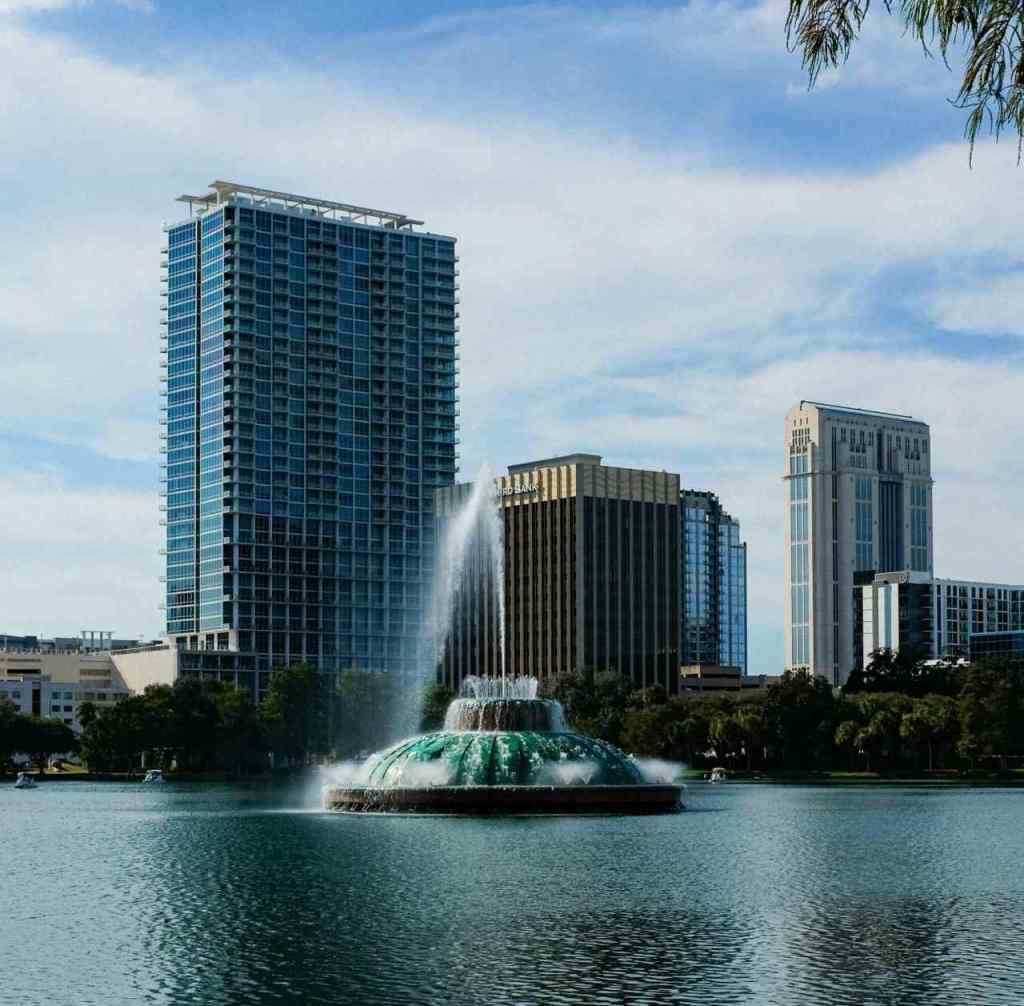Florida’s Insurance Crisis: A Warning for the Nation
Deborah Wood didn’t hold back. Standing before the Senate Budget Committee, her voice shook with a potent mix of frustration and fear. Her story, sadly, has become a familiar one in the Sunshine State. Dropped by her insurer and facing sky-high premiums that forced her to relocate, Wood’s experience laid bare the harsh realities of Florida’s insurance crisis. “It’s like we’re living on borrowed time,” she confessed, her words echoing the anxieties of countless Floridians grappling with an increasingly volatile insurance market.
Wood’s testimony served as a stark reminder that this isn’t just a Florida problem; it’s a flashing red warning light for the entire nation. As the country’s eyes focus on the unfolding crisis in Florida, the question arises: could this be a glimpse into a future where insurance nightmares become commonplace from coast to coast?
The Sunshine State’s Insurance Storm
Florida, known for its sunny beaches and vibrant culture, is facing a different kind of heat these days – a scorching insurance market that’s leaving many residents feeling burned. The numbers paint a grim picture: Florida currently holds the dubious honor of having the highest insurance premiums in the entire country. But it’s not just the cost that’s causing headaches. A wave of financially shaky insurance companies, coupled with widespread policy cancellations and nightmarish battles over storm claims, has created a perfect storm of uncertainty and despair for Florida homeowners.
Under the Senate Spotlight
The severity of Florida’s insurance woes took center stage at a recent Senate Budget Committee Hearing, putting the issue squarely in the national spotlight. With climate change looming large over the discussions, experts and affected individuals alike provided sobering accounts of a market teetering on the brink. Senator Sheldon Whitehouse (D-RI), the committee chair, didn’t mince words, likening the situation to “an insurance market swirling the drain.”
Notably absent from the hearing was Florida’s own Senator Rick Scott (R-FL), who cited conflicting committee obligations. His absence, however, did little to quell the growing sense of urgency surrounding the crisis.
Is This Our Shared Fate?
While Florida might be the epicenter of the current insurance crisis, unsettling tremors are being felt far beyond its borders. Senator Chuck Grassley (R-IA), painted a worrisome picture for his own state, reporting that six insurance companies have recently gone belly-up in Iowa, overwhelmed by losses from a relentless barrage of hail and windstorms. Meanwhile, a recent New York Times report revealed that insurers across the country faced substantial losses in eighteen states just last year, suggesting that Florida’s woes might be a harbinger of a more widespread insurance reckoning.
“We’re witnessing a perfect storm of factors converging,” warned Rade Musulin, a veteran insurance expert, during his testimony. “If we don’t learn from Florida’s experience, we’re likely to see similar crises unfold in other vulnerable states.” His words hung heavy in the air, a stark reminder that this isn’t just about rising sea levels and hurricane-prone coastlines; it’s about the very foundation of financial security for homeowners across the nation.
The Great Insurance Blame Game
As with any complex issue, the search for a singular culprit in Florida’s insurance crisis has sparked a heated debate. Senator Whitehouse, a staunch advocate for climate action, placed the blame squarely on the shoulders of a warming planet. “Climate change is no longer a distant threat; it’s fueling extreme weather events that are overwhelming the insurance industry,” he argued, pointing to the increasing frequency and intensity of hurricanes as Exhibit A.
Senator Grassley, however, wasn’t convinced, countering with the recent surge in auto insurance premiums as evidence that other factors were at play. “We can’t just pin everything on climate change,” he retorted, “There are other economic forces, like inflation and supply chain disruptions, that are also driving up costs across the board.”
Adding fuel to the fire, EJ Antoni, a research fellow from the Heritage Foundation, offered a different perspective, downplaying the role of climate change and instead pointing fingers at factors like inflation, social unrest, and what he termed “lawlessness,” as the primary drivers of rising premiums.
However, a closer look at the timeline reveals a flaw in this argument. Florida’s insurance woes predate the current surge of inflation, with the seeds of the crisis sown back in 2017 following the devastation of Hurricane Irma. This suggests that while economic factors undoubtedly play a role, they don’t fully explain the depth and longevity of Florida’s insurance predicament.
Lost in the Data Desert
“We’re trying to solve a complex equation without knowing all the variables,” lamented Ishita Sen, an assistant professor at Harvard Business School, during her testimony. Sen, an expert in insurance markets, highlighted a critical challenge in addressing Florida’s insurance crisis: a severe lack of data. “We simply don’t have a comprehensive picture of insurance policies, claims, and the factors driving rate increases,” she explained.
This data deficiency makes it incredibly difficult to pinpoint the exact causes of the crisis and develop targeted solutions. For instance, while some argue that fraudulent litigation is a major driver of rising premiums, Florida lacks the concrete data to either support or refute these claims. This lack of transparency only exacerbates the challenges faced by policymakers and industry experts alike, leaving them grappling for solutions in the dark.
A House of Cards Built on Shaky Foundations
Adding to the complexity of the crisis, Sen pointed to another alarming trend: the prevalence of what she termed “low-quality” insurance companies operating in Florida. These companies, often drawn to the state’s lax regulatory environment, often rely on questionable financial ratings from a single source, raising serious concerns about their long-term stability. “It’s like building a house of cards,” Sen warned, “One strong gust of wind, or in this case, a major hurricane, and the whole system could collapse.”
